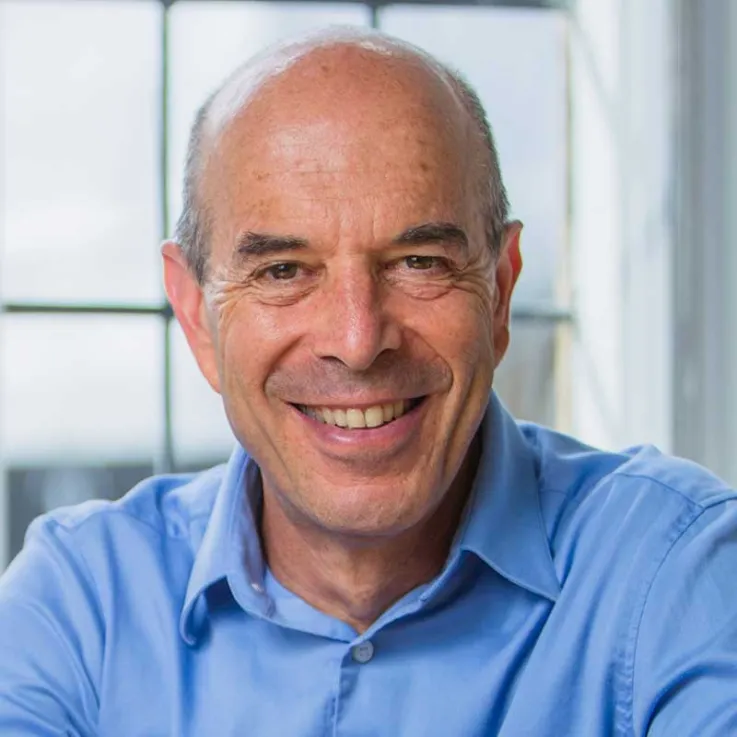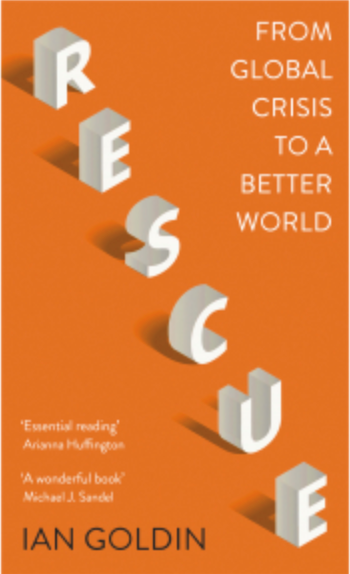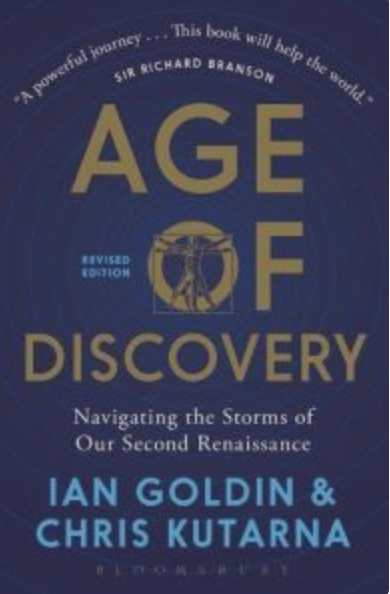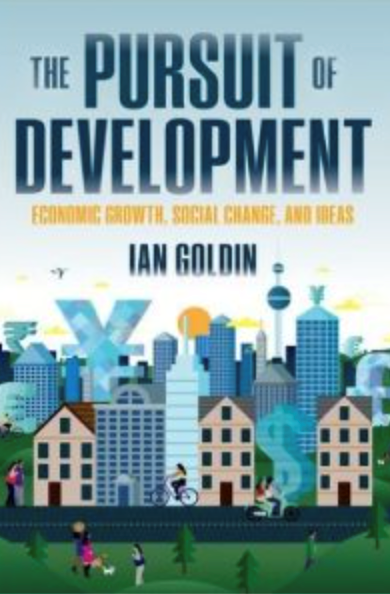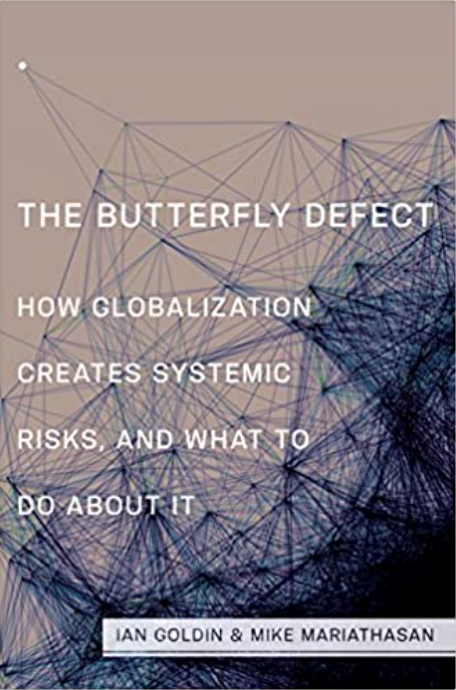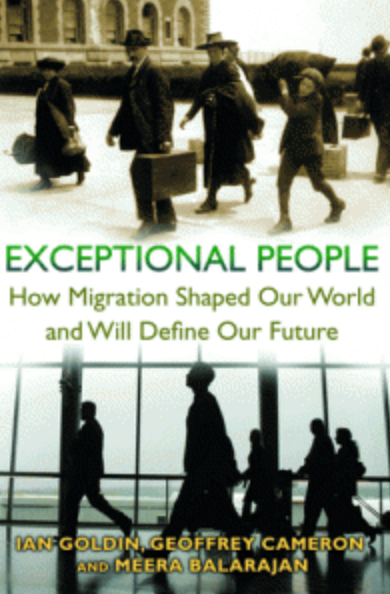Professor Ian Goldin is Professor of Globalisation and Development at the University of Oxford. He is a Professorial Fellow at the University’s Balliol College. From 2006 to 2016 he was the founding Director of the Oxford Martin School and currently leads the Oxford Martin Research Programmes on Technological and Economic Change, the Future of Work, and the Future of Development.
During his decade as Director the School established 45 programmes of research, bringing together more than 500 academics from across Oxford, from over 100 disciplines, to create the world’s leading centre for interdisciplinary research into critical global challenges.
Professor Goldin initiated and was Vice-Chair of the Oxford Martin Commission for Future Generations, which brought together 19 international leaders from government, business, academia, media and civil society to address the growing short-term preoccupations of modern politics and business, and identify ways of overcoming today’s gridlock in key international negotiations. The Commission’s report, Now for the Long Term, was published in October 2013.
From 2003 to 2006 he was Vice President of the World Bank, and prior to that the Bank’s Director of Development Policy (2001-2003). He served on the Bank’s senior management team and led the Bank’s collaboration with the United Nations and other partners as well as with key countries. As Director of Development Policy, he played a pivotal role in the re-search and strategy agenda of the Bank.
From 1996 to 2001 he was Chief Executive and Managing Director of the Development Bank of Southern Africa and served as an advisor to President Nelson Mandela. He succeeded in transforming the Bank to become the leading agent of development in the 14 countries of Southern Africa. During this period, Goldin served on several Government committees and Boards, and was Finance Director for South Africa’s Olympic Bid.
Previously, Goldin was Principal Economist at the European Bank for Reconstruction and Development (EBRD) in London, and Programme Director at the OECD Development Centre in Paris, where he directed the Programmes on Trade, Environment and Sustainable Development.
He has a BA (Hons) and a BSc from the University of Cape Town, an MSc from the London School of Economics, and an MA and Doctorate from the University of Oxford.
Ian has served as a non-executive director on the boards of a number of leading businesses, including Old Mutual, Implenia AG, Metropolitan Life, and CDC Plc. His board positions include being the lead independent director and chairing investment, credit, risk, audit, strategy, remuneration, social responsibility and ethics committees. Ian has advised over 50 governments and 100 leading global businesses. His non-profit activities include being the Chair of the CORE-econ initiative to reform global economics and serving as an honorary trustee of Comic Relief and other charities.
Goldin has received wide recognition for his contributions to development and research, including having been knighted by the French Government, receiving an honorary doctorate from the University of Romania and nominated Global Leader of Tomorrow by the World Economic Forum. He has extensive media experience, appearing on all the major broadcasters. He has written and presented three BBC documentary series After the Crash (2018), Will AI kill Development? (2019) and The Pandemic that Changed the World (2020).
He has published over 55 articles, and numerous reports including Migration and the Economy: Economic Realities, Social Impacts and Political Choices (Oxford Martin School and Citi, 2018). His 23 books include Exceptional People: How Migration Shaped our World and Will Define our Future (Princeton University Press, 2011), Globalization for Development: Meeting New Challenges (Oxford University Press, 2012), Divided Nations: Why global governance is failing and what we can do about it, (Oxford University Press, 2013), The Butterfly Defect: How globalization creates systemic risks, and what to do about it (Princeton University Press, 2014), Is the Planet Full? (Oxford University Press, 2014), The Pursuit of Development: Economic Growth, Social Change and Ideas (Oxford University Press, 2016), Age of Discovery: Navigating the Storms of Our Second Renaissance (Bloomsbury, 2017), Development: A Very Short Introduction (Oxford University Press, 2018) and Terra Incognita: 100 Maps to Survive the Next 100 Years, (Penguin Random House, 2020). His latest book is Rescue: From Global Crisis to a Better World (Hodder Hachette, 2021).
